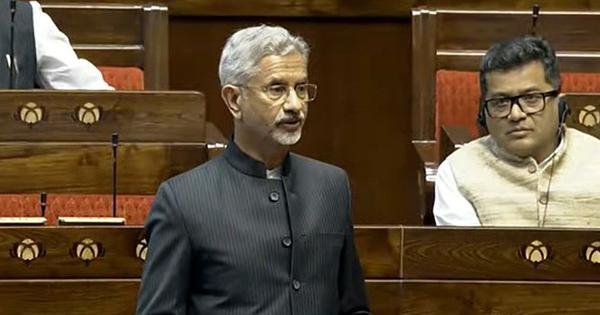India’s Position on the Israel-Iran Conflict

India Steps Back from SCO Statement
On Saturday, India chose not to support a statement by the Shanghai Cooperation Organisation (SCO). This statement criticized Israel’s military actions against Iran.
What the SCO Said
The SCO, which includes India, China, Pakistan, Russia, and six other Eurasian nations, called Israel’s actions a “serious breach of international law and the United Nations Charter.”
The group highlighted several points:
- Israel’s actions violate Iran’s sovereignty.
- They harm regional and international security.
- They pose serious threats to global peace and stability.
India’s Stand
India’s Ministry of External Affairs stated that it did not participate in the discussions on the SCO statement.
India clearly stated its position on June 13, 2025. New Delhi called for dialogue and diplomacy to ease the situation.
External Affairs Minister S Jaishankar spoke with his Iranian counterpart on Friday. He expressed deep concern about the events and urged a return to diplomacy.
India’s Concerns and Advice
India is deeply worried about the developments between Iran and Israel. The ministry is closely watching the situation, including reports of attacks on nuclear sites.
New Delhi urged both sides to avoid any actions that could worsen the situation. They also advised using existing channels of dialogue and diplomacy to resolve the issues.
India has close and friendly relations with both countries. They are ready to offer all possible support. Indian nationals in the region are advised to be cautious and follow local security advisories.
The Iran-Israel Conflict
Israel’s Attacks
On Friday, Israel attacked Iranian nuclear targets and other sites. The goal was to slow down Tehran’s nuclear program. These attacks have raised fears of a wider conflict.
The Israeli Defense Forces hit sites in Tehran, Kermanshah, and Tabriz. Iran’s main nuclear enrichment facility in Natanz was among the targets.
At least 78 people were killed and 320 injured in the attacks. Iranian military chief Mohammad Bagheri and Hossein Salami, the chief of the Islamic Revolutionary Guard Corps, were among those killed.
Iran’s Response
On Saturday, Iran retaliated with missile attacks on Israel. These attacks killed at least three people and left 80 injured.
Israel also attacked the Shahran fuel and gasoline depot in Tehran, setting it on fire. They hit Shahr Rey, one of Iran’s largest oil refineries, and a portion of the South Pars Gas Field.
Iran launched missiles at several places across Israel, including Haifa and Tel Aviv. One person was killed in the strikes.
Israel’s Reasoning
Israel claimed that Iran was “closer than ever” to obtaining a nuclear weapon. They said they had no choice but to act in defense of its citizens. Iran has maintained that its nuclear program is for peaceful purposes.



